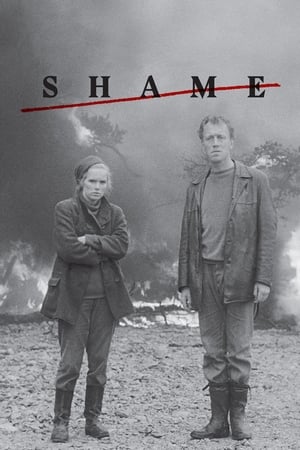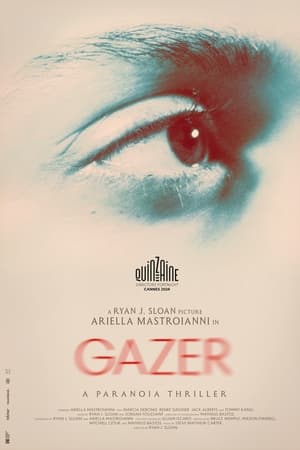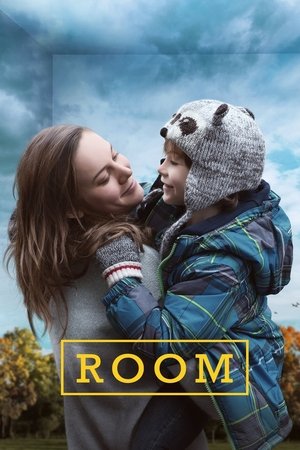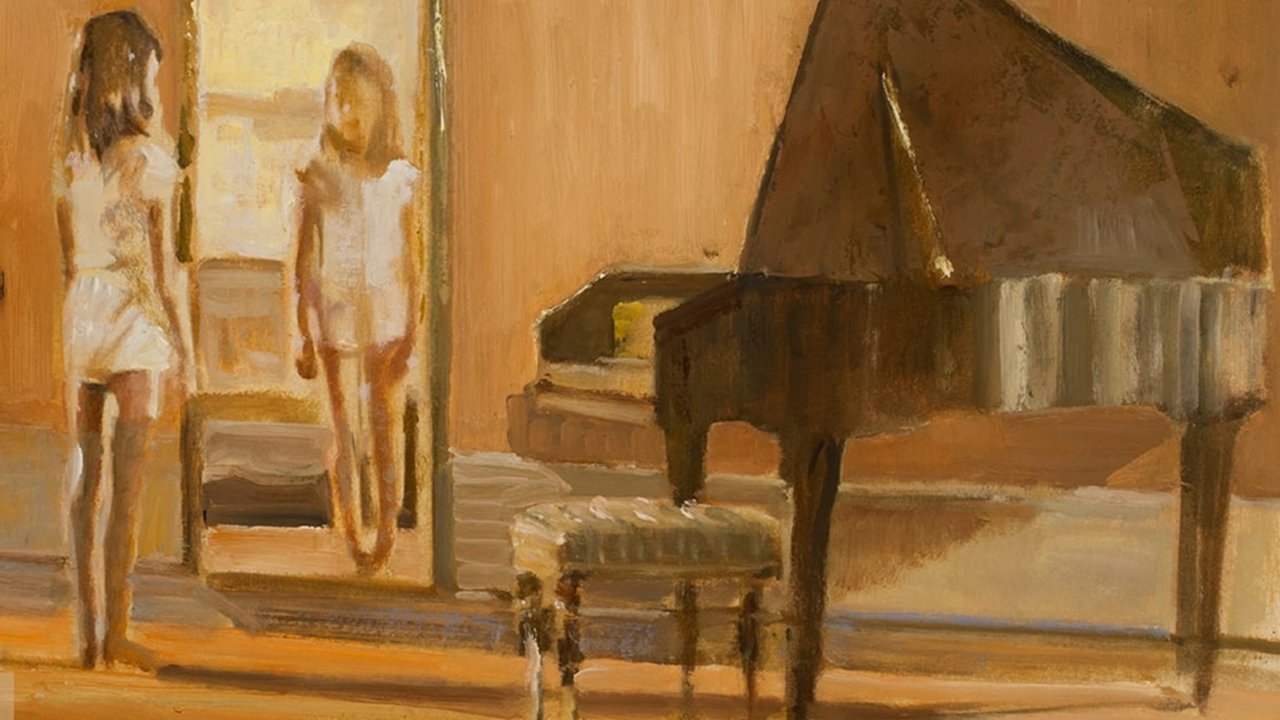
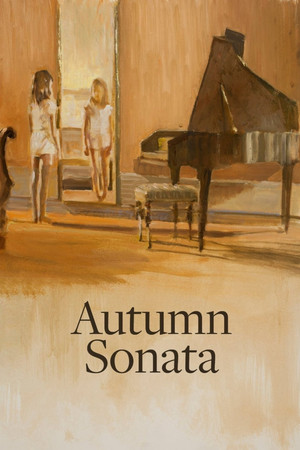
Autumn Sonata(1978)
A mother and a daughter. What a terrible combination of feelings, confusion and destruction.
After a seven-year absence, Charlotte Andergast travels to Sweden to reunite with her daughter Eva. The pair have a troubled relationship: Charlotte sacrificed the responsibilities of motherhood for a career as a classical pianist. Over an emotional night, the pair reopen the wounds of the past. Charlotte gets another shock when she finds out that her mentally impaired daughter, Helena, is out of the asylum and living with Eva.

Movie: Autumn Sonata
Recommendations Movies
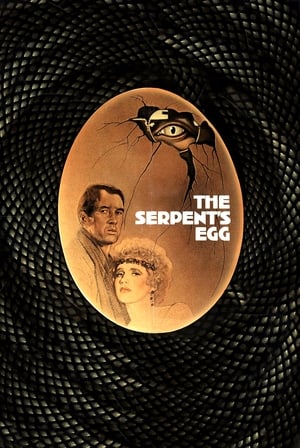 6.3
6.3The Serpent's Egg(en)
Berlin, 1923. Following the suicide of his brother, American circus acrobat Abel Rosenberg attempts to survive while facing unemployment, depression, alcoholism and the social decay of Germany during the Weimar Republic.
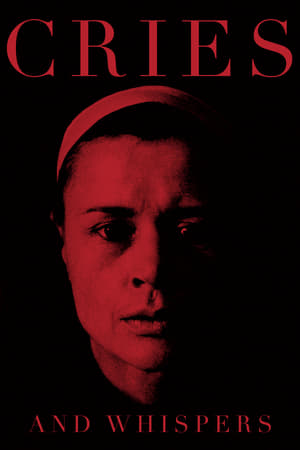 7.9
7.9Cries and Whispers(sv)
As Agnes slowly dies of cancer, her sisters are so immersed in their own psychic pains that they are unable to offer her the support she needs.
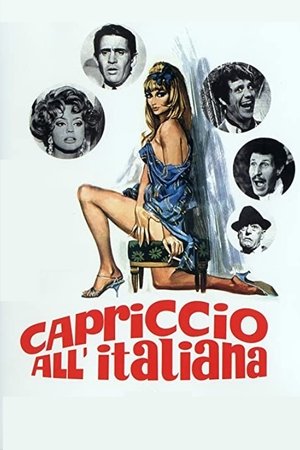 6.2
6.2Caprice Italian Style(it)
The film consists of six short stories created by different directors, but all the stories share one thing: a warm irony to current events.
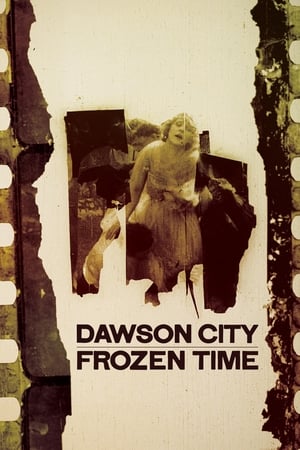 6.8
6.8Dawson City: Frozen Time(en)
The true history of a collection of some 500 films dating from 1910s to 1920s, which were lost for over 50 years until being discovered buried in a sub-arctic swimming pool deep in the Yukon Territory, in Dawson City, located about 350 miles south of the Arctic Circle.
 7.3
7.3Pink Floyd: The Story of Wish You Were Here(en)
Wish You Were Here, released in September 1975, was the follow up album to the globally successful The Dark Side Of The Moon and is cited by many fans, as well as band members Richard Wright and David Gilmour, as their favorite Pink Floyd album. On release it went straight to Number One in both the UK and the US and topped the charts in many other countries around the world. This program tells the story of the making of this landmark release through new interviews with Roger Waters, David Gilmour and Nick Mason and archive interviews with the late Richard Wright. Also featured are sleeve designer Storm Thorgerson, guest vocalist Roy Harper, front cover burning man Ronnie Rondell and others involved in the creation of the album. In addition, original recording engineer Brian Humphries revisits the master tapes at Abbey Road Studios to illustrate aspects of the songs construction.
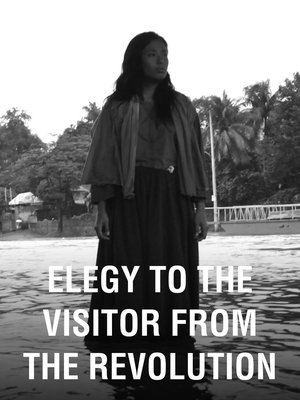 6.4
6.4Elegy to the Visitor from the Revolution(tl)
Deliberately structured and less beholden to its narrative, the film is told in three parts, with each part pertaining to each of the three visits of the time-travelling visitor from when the country was fighting for independence from Spain.
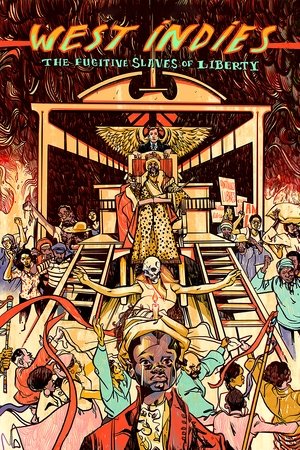 6.4
6.4West Indies(fr)
Aboard a giant slave ship in an abandoned Citroën factory, the history of the West Indies is traced through several centuries of French oppression. The ship becomes a stage for the people to tell stories via song and dance—from their enslavement to their displacement in Metropolitan France.
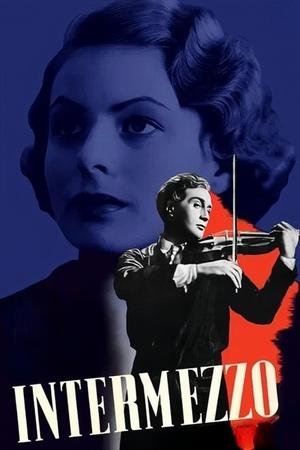 6.0
6.0Intermezzo(de)
An intense love affair develops between a married concert violinist (Gösta Ekman) and his daughter's music teacher (Ingrid Bergman).
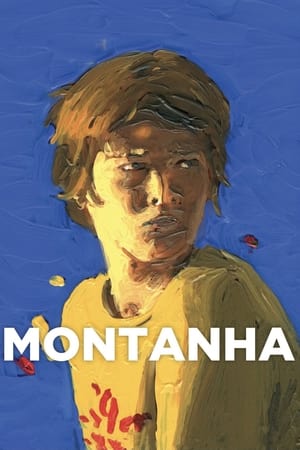 6.4
6.4Mountain(pt)
Day breaks on the eighth floor in a suburban neighbourhood of Lisbon and 14-year-old David’s grandfather is still in hospital. Doctors give him only a few days to live. The imminence of death and the void that it will leave force David to become the man of the house, where he lives with his mother Mónica, who is in her 30s, and his three-year-old sister.
 5.2
5.2A Castle Within a Castle(da)
The castle of Krogen, built c. 1420, is inside the later castle of Kronborg. Reconstruction of Kronborg gave a chance to study early castles. Models of both are shown.
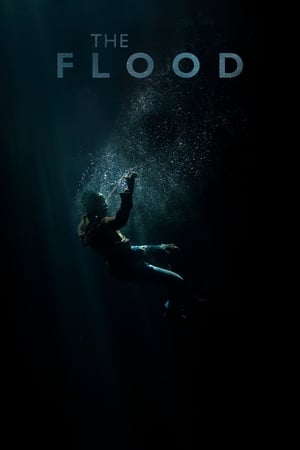 5.4
5.4The Flood(en)
Wendy, a hardened immigration officer is offered a high-profile asylum case, judged on her ability to quickly and clinically reject applicants. Through her interrogation, she must uncover whether Haile is lying and has a more sinister reason for seeking asylum.
 6.4
6.4The Kármán Line(en)
When a mother is hit by a rare condition that sees her lift off the ground at a slow but ever increasing rate, her husband and daughter are forced to come to terms with losing her.
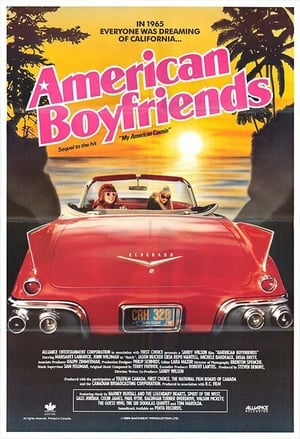 2.7
2.7American Boyfriends(en)
A Canadian college student learns about life and love during a trip to her cousin's wedding in California.
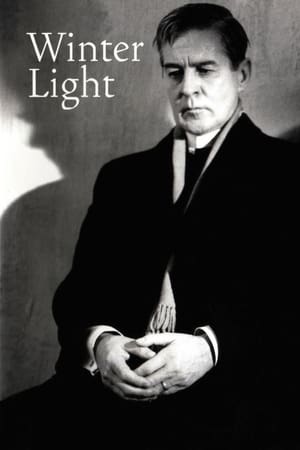 7.9
7.9Winter Light(sv)
A Swedish pastor fails a loving woman, a suicidal fisherman and God.
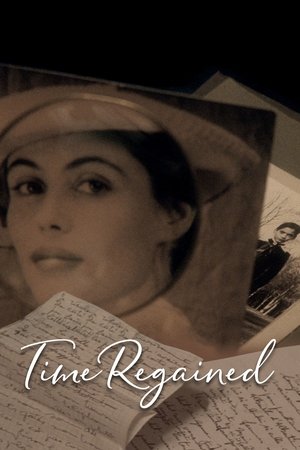 6.3
6.3Time Regained(fr)
In early 1920s France, an author, lying on his deathbed, looks at various photographs and is flooded with memories of the people and events that have shaped his life.
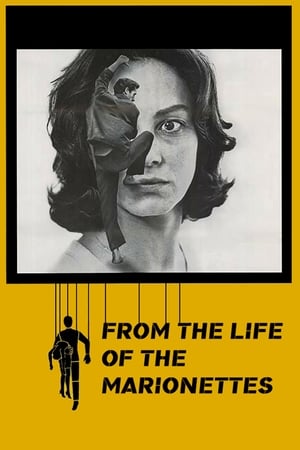 7.3
7.3From the Life of the Marionettes(de)
Peter and Katarina are at a marital crossroads, but, when he brutally kills a burlesque dancer, their domestic squabbles are rendered trivial by comparison. In the wake of the crime, the film backtracks, painting a portrait of the fraught union between Peter and Katarina. When does a marriage go bad? What causes a member of the German bourgeoisie to murder an innocent woman?
Similar Movies
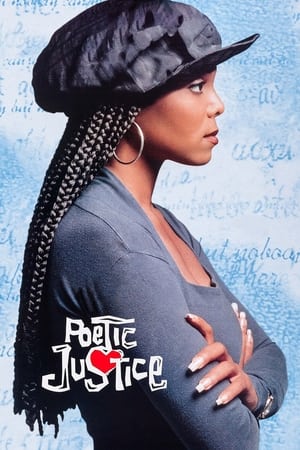 6.9
6.9Poetic Justice(en)
Still grieving after the murder of her boyfriend, hairdresser Justice writes poetry to deal with the pain of her loss. Unable to get to Oakland to attend a convention because of her broken-down car, Justice gets a lift with her friend, Iesha, and Iesha's postal worker boyfriend, Chicago. Along for the ride is Chicago's co-worker, Lucky, to whom Justice grows close after some initial problems. But is she ready to open her heart again?
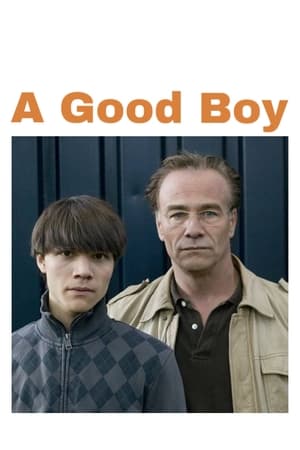 5.1
5.1A Good Boy(de)
After his mother's death, 17-year-old Sven moves in with his dad Achim, a taxi driver, who had divorced his mother several years earlier. It is not easy for Achim to get used to an adolescent around the house, especially since Sven hardly speaks to him. But Sven does well in school, and Achim hopes that time will bring them closer together. It is Achim's girlfriend Julia who first senses that something is wrong with Sven. Why, she wonders, does he always hang around with young boys? Why does not he have any friends his own age? She suspects that he is gay. The truth, however, is somewhat more nuanced - and chilling: Sven has pedophile tendencies. Proof is soon found on videos that shock and sicken Achim. Sven himself is shattered and regrets his actions. Julia suggests therapy, but Achim is convinced that he and Sven can handle this together. But he is wrong. Though Sven practically begs his father to lock him up in his room, Achim has confidence in his son.
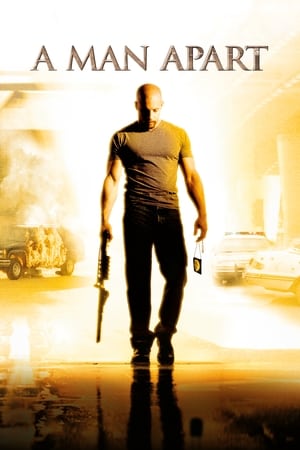 6.1
6.1A Man Apart(en)
When Vetter's wife is killed in a botched hit organized by Diablo, he seeks revenge against those responsible. But in the process, Vetter and Hicks have to fight their way up the chain to get to Diablo but it's easier said than done when all Vetter can focus on is revenge.
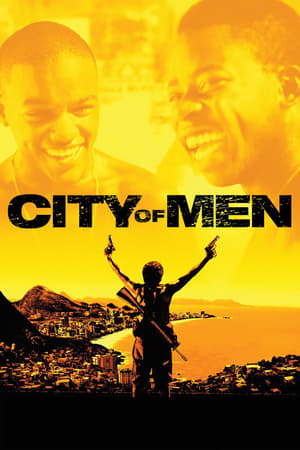 7.1
7.1City of Men(pt)
Best buddies Acerola and Laranjinha, about to turn 18, discover things about their missing fathers' pasts which will shatter their solid friendship, in the middle of a war between rival drug gangs from Rio's favelas.
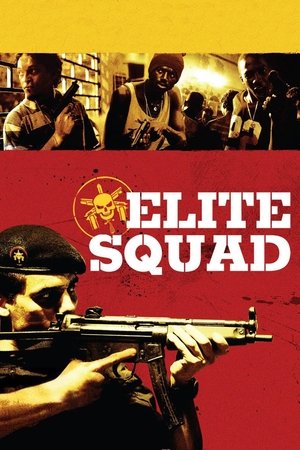 8.1
8.1Elite Squad(pt)
In 1997, before the visit of the pope to Rio de Janeiro, Captain Nascimento from BOPE (Special Police Operations Battalion) is assigned to eliminate the risks of the drug dealers in a dangerous slum nearby where the pope intends to be lodged.
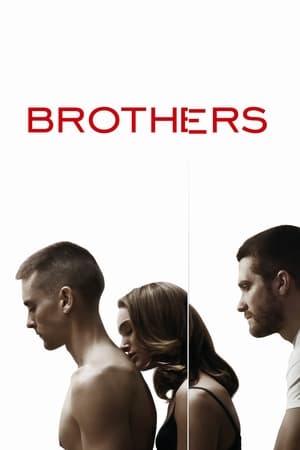 7.3
7.3Brothers(en)
When his helicopter goes down during his fourth tour of duty in Afghanistan, Marine Sam Cahill is presumed dead. Back home, brother Tommy steps in to look over Sam’s wife, Grace, and two children. Sam’s surprise homecoming triggers domestic mayhem.
Mutants(de)
Thirteen-year-old Paula lives with her mother on a well-kept estate in a small town surrounded by nice neighbours. But Paula's view of normality has been sharpened by her extensive and consistent diet of horror movies.
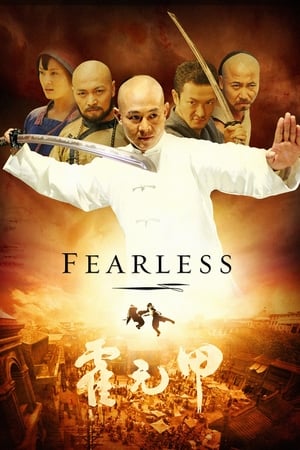 7.5
7.5Fearless(zh)
Huo Yuan Jia became the most famous martial arts fighter in all of China at the turn of the 20th Century. Huo faced personal tragedy but ultimately fought his way out of darkness, defining the true spirit of martial arts and also inspiring his nation. The son of a great fighter who didn't wish for his child to follow in his footsteps, Huo resolves to teach himself how to fight - and win.
 7.9
7.9Amarcord(it)
In an Italian seaside town, young Titta gets into trouble with his friends and watches various local eccentrics as they engage in often absurd behavior. Frequently clashing with his stern father and defended by his doting mother, Titta witnesses the actions of a wide range of characters, from his extended family to Fascist loyalists to sensual women, with certain moments shifting into fantastical scenarios.
 5.9
5.9Down in the Valley(en)
On a trip to the beach, a teenage girl named Tobe meets a charismatic stranger named Harlan, who dresses like a cowboy and claims to be a former ranch hand. The pair feel an instant attraction and begin a relationship, but her father, a lawman, is suspicious of her lover.
 7.1
7.1The Lovely Bones(en)
After being brutally murdered, 14-year-old Susie Salmon watches from heaven over her grief-stricken family -- and her killer. As she observes their daily lives, she must balance her thirst for revenge with her desire for her family to heal.
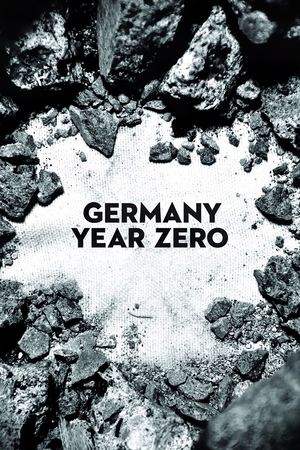 7.7
7.7Germany, Year Zero(it)
In the ruins of post-WWII Berlin, a twelve-year-old boy is left to his own devices in order to help provide for his family.
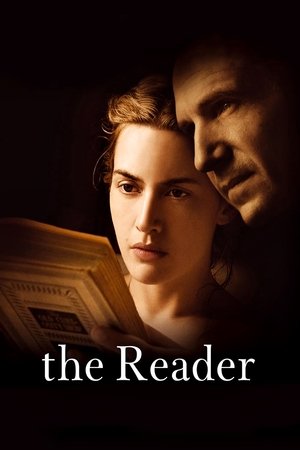 7.5
7.5The Reader(en)
The story of Michael Berg, a German lawyer who, as a teenager in the late 1950s, had an affair with an older woman, Hanna, who then disappeared only to resurface years later as one of the defendants in a war crimes trial stemming from her actions as a concentration camp guard late in the war. He alone realizes that Hanna is illiterate and may be concealing that fact at the expense of her freedom.
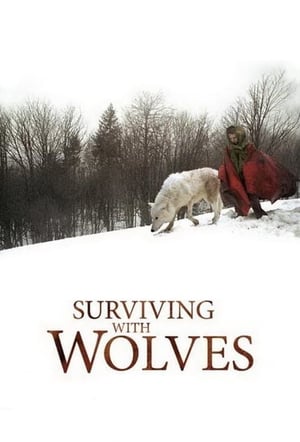 6.2
6.2Surviving with Wolves(fr)
In 1942, the young Jewish girl Misha, her Russian mother Gerusha and her German father Reuven hide from the Germans in a small house in Ardennes, Belgium. Misha is very connected to her mother that advises her that if one day a person comes to her saying "love of my life", she would follow him or her without any question. When her parents are captured by the Nazis, Misha is delivered to a German family and the abusive matriarch gives a bad treatment to the girl. However, she finds support in the family of Ernest and his deranged wife Marthe that supplies groceries to foster family. Misha loves Ernest's dogs and the old man gives a compass to her and tells that her parents have been sent to East to forced labor. When the old couple is denounced for sheltering the girl and arrested by the Germans, Misha flees through the woods heading east. Along her journey seeking out her parents...
 6.7
6.7Breaking Surface(sv)
Two Swedish/Norwegian half sisters go on a winter diving trip in Northern Norway, when they get trapped after a rockslide.
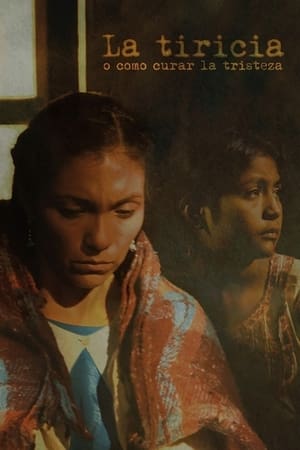 5.5
5.5The Doldrums or How to Cure Sadness(es)
The tiricia is an illness of the soul when the heart is saddened. A story of three generations afflicted with being tiricientas: Ita, Justa and Alicia – grandmother, mother and daughter – who have at different times suffered, tolerated and allowed abuse, dragging on the disease. Alicia decides to break the cycle, eradicating it for future generations.
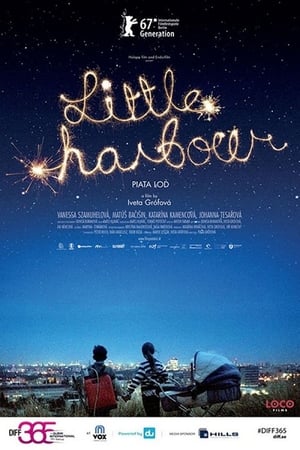 6.8
6.8Little Harbour(sk)
A story of children who feel safer in the streets than at home, about children seeking out sturdy lifeboats that cross between the world of fantasy and the harsh reality of life. Jarka is one of these children. Ten years-old, and living with a mother who is not yet ready to be a mom, Jarka spends most of her time alone. Pushed by her desire for love and to form a fully functional family, she finds herself substituting a "mother" to two babies.
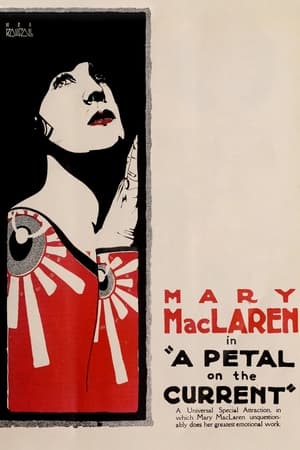 0.0
0.0A Petal on the Current(en)
A shop girl finds herself disgraced after being pressured into drinking too much at a party and getting arrested for public drunkenness.


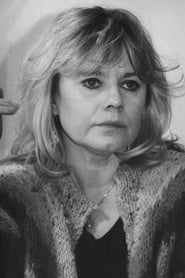
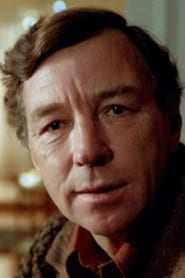

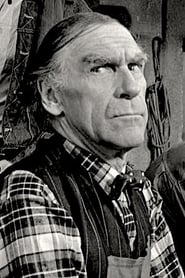

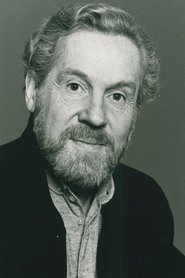
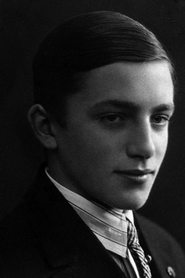
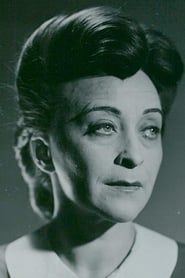
![Autumn Sonata (1978) ORIGINAL TRAILER [HD 1080p]](https://img.youtube.com/vi/WDOTDB2cTSg/mqdefault.jpg)

![Autumn Sonata (1978) ORIGINAL TRAILER [HD 1080p]](https://img.youtube.com/vi/WDOTDB2cTSg/sddefault.jpg)

